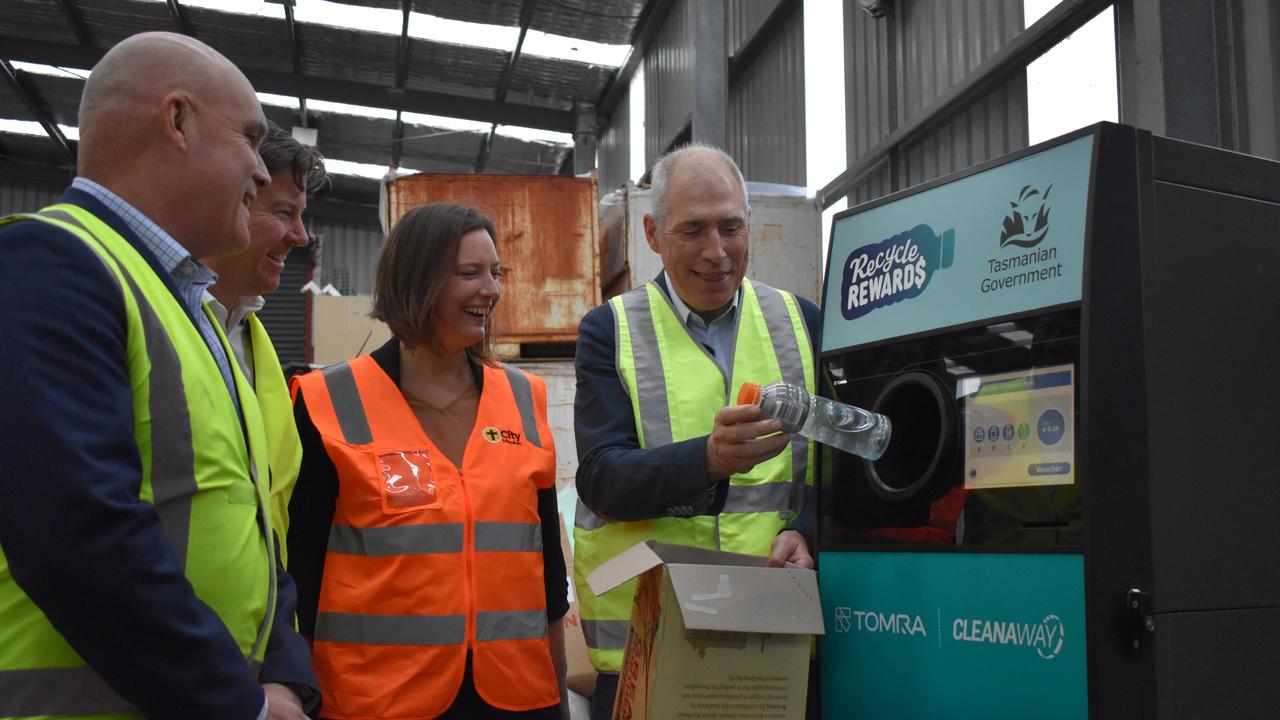Ten Lives Cat Centre concerned after microchip provider HomeSafeID seemingly goes out of business
A state government approved microchip registration provider has gone MIA — leaving thousands of Tasmanian pets in limbo. Here’s why Ten Lives Cat Centre are concerned.
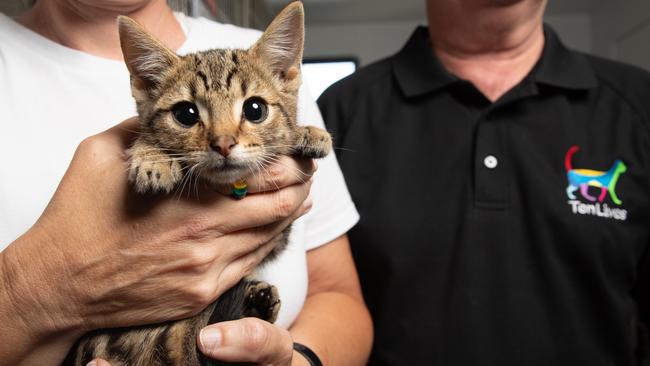
Tasmania
Don't miss out on the headlines from Tasmania. Followed categories will be added to My News.
About 9000 cats adopted from a Tasmanian shelter could have virtually useless microchips.
The Ten Lives Cat Centre has been forced to change its microchip registration provider, having previously used HomeSafeID since April 2017.
“Unfortunately, HomeSafeID now appears to have gone out of business,” Ten Lives President Paula Wriedt said.
“Their phone numbers and emails have been inactive since mid-December, and neither staff nor the director can be reached. We have been working on this matter since that time.
“This means our adoption clients may not have a current, searchable microchip registration sometime in the near future.”
The only way the microchipped cats, dogs and other pets can be searched is if HomeSafeID transfers its database, which it has not done so far.
The Department of Premier and Cabinet still has HomeSafeID listed on its website as one of the microchip providers for dogs in Tasmania.
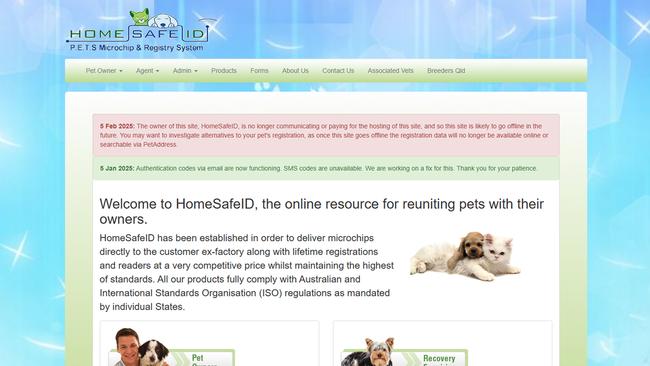
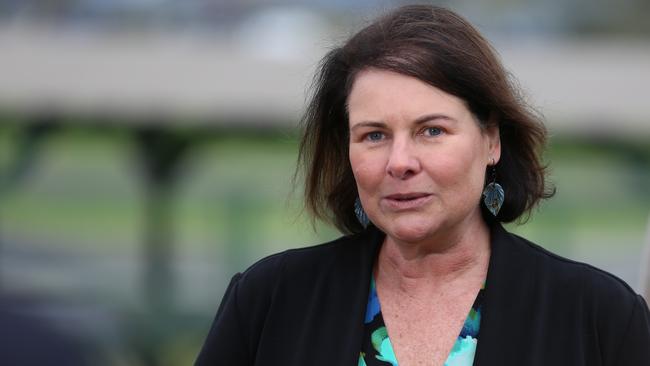
Ms Wriedt said Ten Lives had a new arrangement for future microchip registrations.
“We have also created an online resource giving affected cat owners options to get a new registration with a new provider,” Ms Wriedt said.
“We have set up a dedicated email address to deal with enquiries to help people with this matter if they can’t locate their microchip details or are unsure of which provider they are registered.”
As of Tuesday, it is understood that HomeSafeID’s registration database is still functioning.
“Because our registration process is automated, new microchip registrations continue to be loaded.
“Adopters who have kept their confirmation of registration can still update their details. “However, from our experience, many do not retain these details, meaning they will be unable to update their records.”
Ms Wriedt said the issue with HomeSafeID was affecting pet owners nationally.
“Despite making inquiries and conducting ASIC searches, we have been unable to obtain any concrete information on HomeSafeID’s status.
“Letters sent to the director’s address have been returned to sender. We are still investigating the matter, but we are not optimistic.”
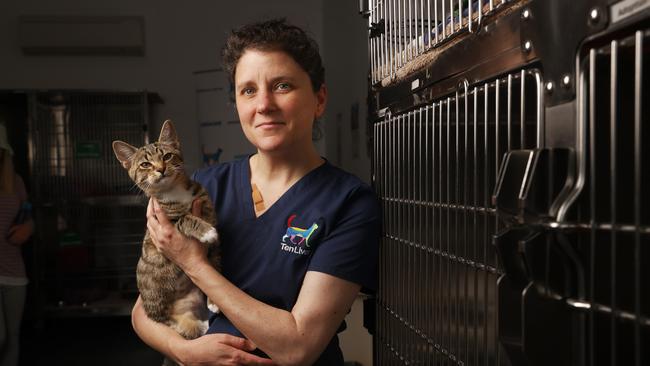
For cats and dogs that got lost, Ms Wriedt said those still registered with HomeSafeID would not be able to be tracked as it currently stands and are less likely to be found.
“What we are doing is urging anyone who’s adopted a cat from Ten Lives to go onto our website and see what their options are because we have been in discussions with other providers who will be able to take over the service of hosting their microchip.
“Some of the providers that we’ve been talking to, two of them are offering the service for free.”
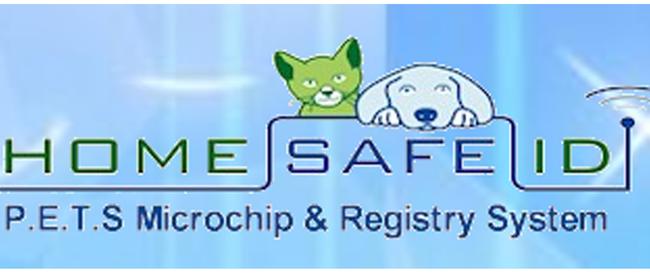
Ms Wriedt said this saga had illustrated the need for a centralised, single microchip system.
“It’s like anything these days; we have multiple phone chargers, we have different EV chargers, and we have a system where we have different microchip registrations for pets.
“It would be ideal to have one central one and far simpler.
“That’s a matter for those organisations to consider in the future, but I imagine that there would be financial benefits to them if they could all come together to have a central registry – and, importantly – make it much more simple for the clients who want to register their animals.”
By law, all cats over the age of four months in Tasmania are required to be microchipped.
Originally published as Ten Lives Cat Centre concerned after microchip provider HomeSafeID seemingly goes out of business

